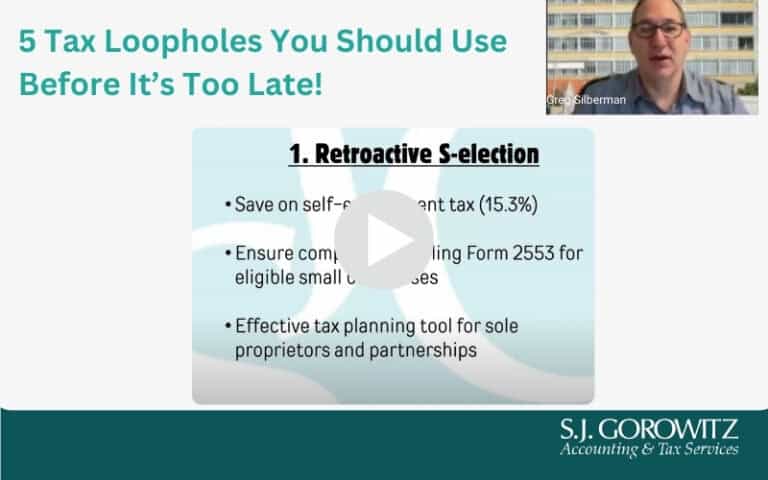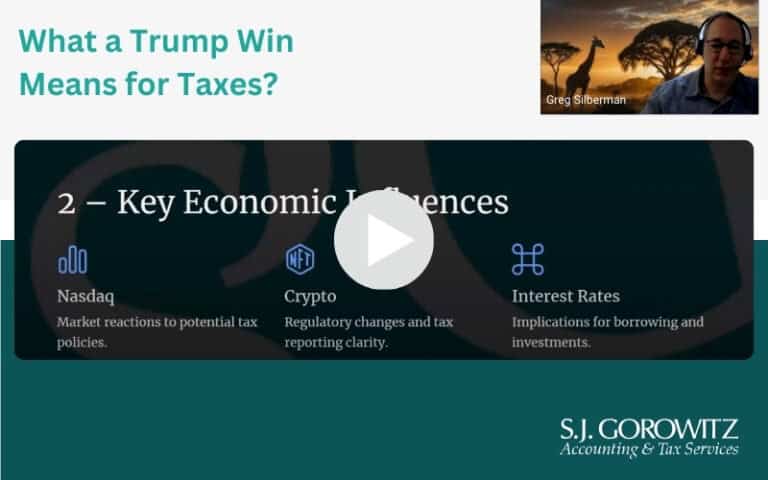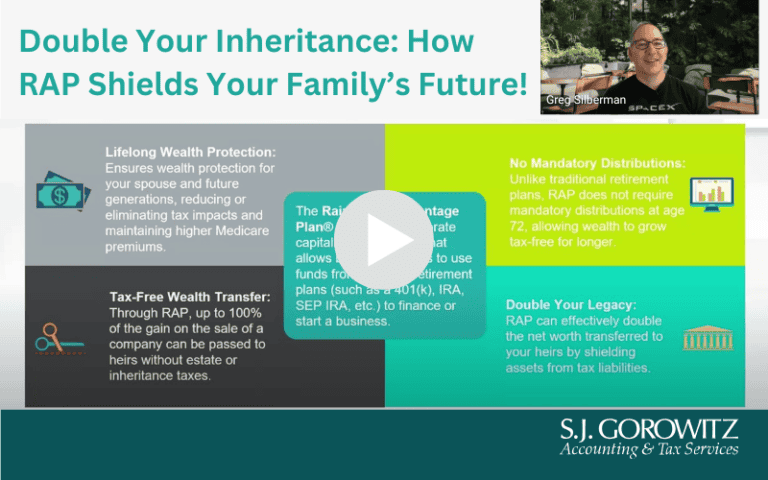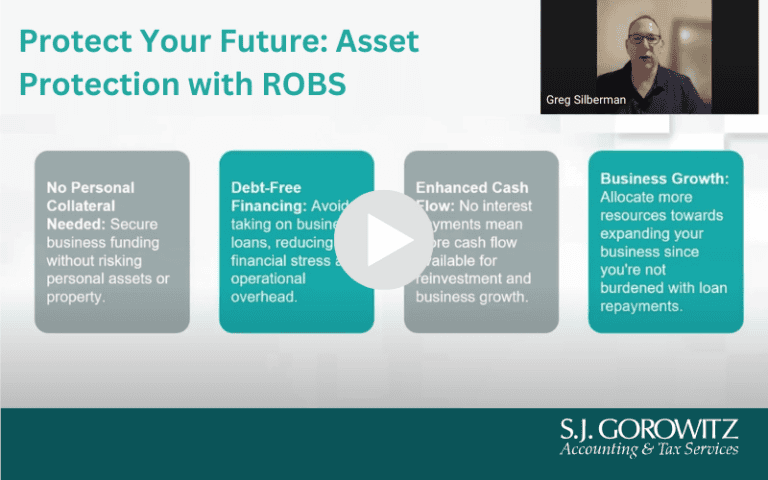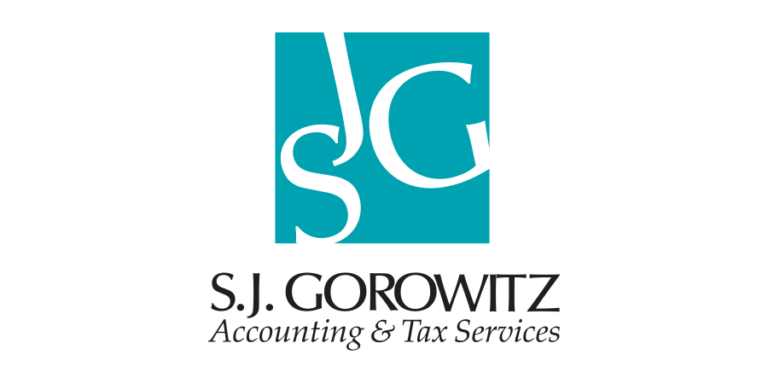By Stacey Gorowitz, CPA, MBA

As a CPA in public accounting I often find many differences between a CPA and an accountant who is not a CPA. There are, of course, legal and licensing requirement differences, some of which are listed below. However, from a practical standpoint, does it make a difference to you as a person who needs to get your business financials in order?
A few key differences are:
- Continued Education – a CPA is required to take a minimum of 40 hours of continued professional education per year. Continued education can be in many disciplines including tax law, financial statement reporting standards, ethics and technology to name a few.
- Education – a CPA is required to have at least an additional year of accounting courses beyond a 4-year accounting degree and typically studies extensively for the CPA exam, which covers extensive complex material beyond what is mastered in an undergraduate accounting degree.
- Financial statements – a non-CPA cannot prepare compiled, reviewed, or audited financial statements. Additionally, CPA firms preparing these financial statements are subject to peer review, which ensures adherence to financial reporting standards.
It may seem self-serving to use the phrase, “You get what you pay for.” But there’s a reason this old adage exists – it’s often true!
Especially important for privately held companies, a CPA should be a trusted advisor who works collaboratively with the client (the business owner) as well as with the business’s internal accountants to help them coordinate across many disciplines of financial reporting and tax minimization strategies.
Is an accountant capable of doing this? Sure, it’s possible. However, the likelihood of obtaining this skill set is increased when working with a CPA. Finding someone who wants to keep abreast of the ever-changing accounting and tax laws is important, and a CPA is required to do so. Typically, CPAs are also members of organizations that provide additional oversight and resources for collaboration regarding best practices, including the AICPA and state CPA societies.
Having access to these additional resources in addition to an extensive knowledge of industry standards can impact a business owner in several ways. Does your accountant know industry practice for field? Do they make valuable suggestions and strive to minimize your tax liabilities? These are things that matter to you, the business owner, in a practical sense.
You may think your business isn’t complex enough to demand the additional services and knowledge provided by a CPA. However, can you afford to miss tax savings opportunities? Can you afford or present financials to potential investors or financial institutions that are not in accordance with current financial reporting standards? Even when small businesses aren’t a fit for our practice, I’ve recommended that they migrate to the services of smaller CPAs rather than an accountant. Why? Because it can be much more expensive to correct a problem than it is to handle the issue correctly in the first place. For larger businesses and business owners with multiple businesses, a CPA brings added value and resources that are well worth the additional cost.

















